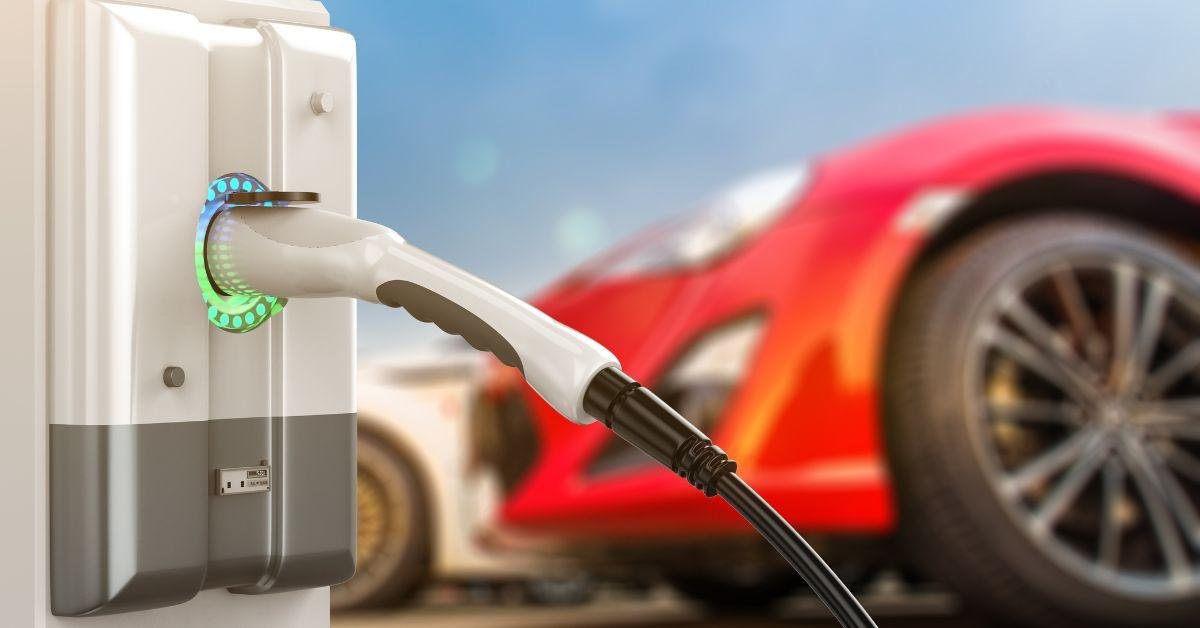Key Takeaways:
- Hybrid batteries, whether nickel-metal hydride or lithium-ion, play a crucial role in powering hybrid cars and enhancing fuel efficiency.
- Consider factors like battery chemistry, capacity, warranty, and maintenance when choosing the right battery for your hybrid vehicle.
- Hybrid batteries can last 8 to 10 years or more, with proper maintenance, and can be recycled to recover valuable materials, contributing to sustainability efforts.
Introduction:
As the automotive industry shifts towards sustainability, hybrid cars have gained popularity for their eco-friendly design and fuel efficiency. At the heart of these vehicles lies the hybrid battery, a crucial component that powers the electric motor and supplements the internal combustion engine. In this guide, I’ll walk you through choosing the right battery for your hybrid car.
Understanding Hybrid Batteries:
Hybrid batteries, or traction batteries, are rechargeable energy storage devices that store electricity generated through regenerative braking and engine power.

These batteries typically consist of nickel-metal hydride (Ni-MH) or lithium-ion (Li-ion) cells, housed within a durable casing to withstand the rigors of automotive use. The capacity and chemistry of the battery play a significant role in determining the performance and longevity of your hybrid vehicle.
Factors to Consider:
Battery Chemistry:
The choice between Ni-MH and Li-ion batteries depends on various factors such as energy density, weight, and cost. Ni-MH batteries are known for their reliability and longevity, making them popular among hybrid manufacturers. On the other hand, Li-ion batteries offer higher energy density and faster charging capabilities, but they come at a higher cost.
Battery Capacity:
The capacity of the hybrid battery determines the electric range and overall performance of the vehicle. Higher capacity batteries can store more energy, allowing for longer electric driving distances and improved fuel efficiency. Consider your daily driving habits and the availability of charging infrastructure when evaluating battery capacity options.
Warranty and Maintenance:
When purchasing a hybrid car, pay attention to the warranty and maintenance coverage for the hybrid battery. Most manufacturers offer warranties ranging from 8 to 10 years or a certain mileage threshold to ensure peace of mind for hybrid owners. Additionally, inquire about maintenance requirements and any associated costs to keep your hybrid battery in optimal condition.
Choosing the Right Battery:
Selecting the right battery for your hybrid car involves balancing performance, cost, and environmental considerations. Evaluate your priorities, such as range, charging speed, and budget, to determine the most suitable battery option for your needs.

Consult with automotive experts and consider test-driving different hybrid models to experience their performance firsthand.
Conclusion:
Choosing the right battery for your hybrid car is a crucial decision that impacts its performance, efficiency, and overall ownership experience.
Whether you opt for a Ni-MH or Li-ion battery, prioritize reliability, longevity, and warranty coverage to ensure a seamless driving experience. With the right battery, your hybrid car will continue to drive you towards a sustainable future.
FAQs:
1. Are hybrid batteries expensive to replace?
The cost of replacing a hybrid battery depends on various factors such as the make and model of the vehicle, battery capacity, and warranty coverage. While hybrid batteries can be more expensive than traditional car batteries, many manufacturers offer warranty coverage for a certain period to offset replacement costs.
2. How long do hybrid batteries typically last?
The lifespan of a hybrid battery varies depending on factors such as driving habits, climate, and maintenance. On average, hybrid batteries can last anywhere from 8 to 10 years or more, depending on the type of battery and manufacturer’s warranty. Proper maintenance and regular usage can help extend the lifespan of hybrid batteries.
3. Can hybrid batteries be recycled?
Yes, hybrid batteries can be recycled to recover valuable materials such as nickel, cobalt, and lithium. Many automotive manufacturers and recycling facilities offer battery recycling programs to ensure responsible disposal and minimize environmental impact. Recycling hybrid batteries helps conserve resources and reduces the need for raw materials in battery production.
More Resources:
Hybrid Car Features That Save You Money


